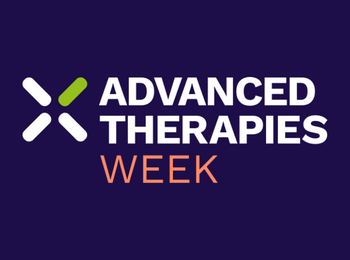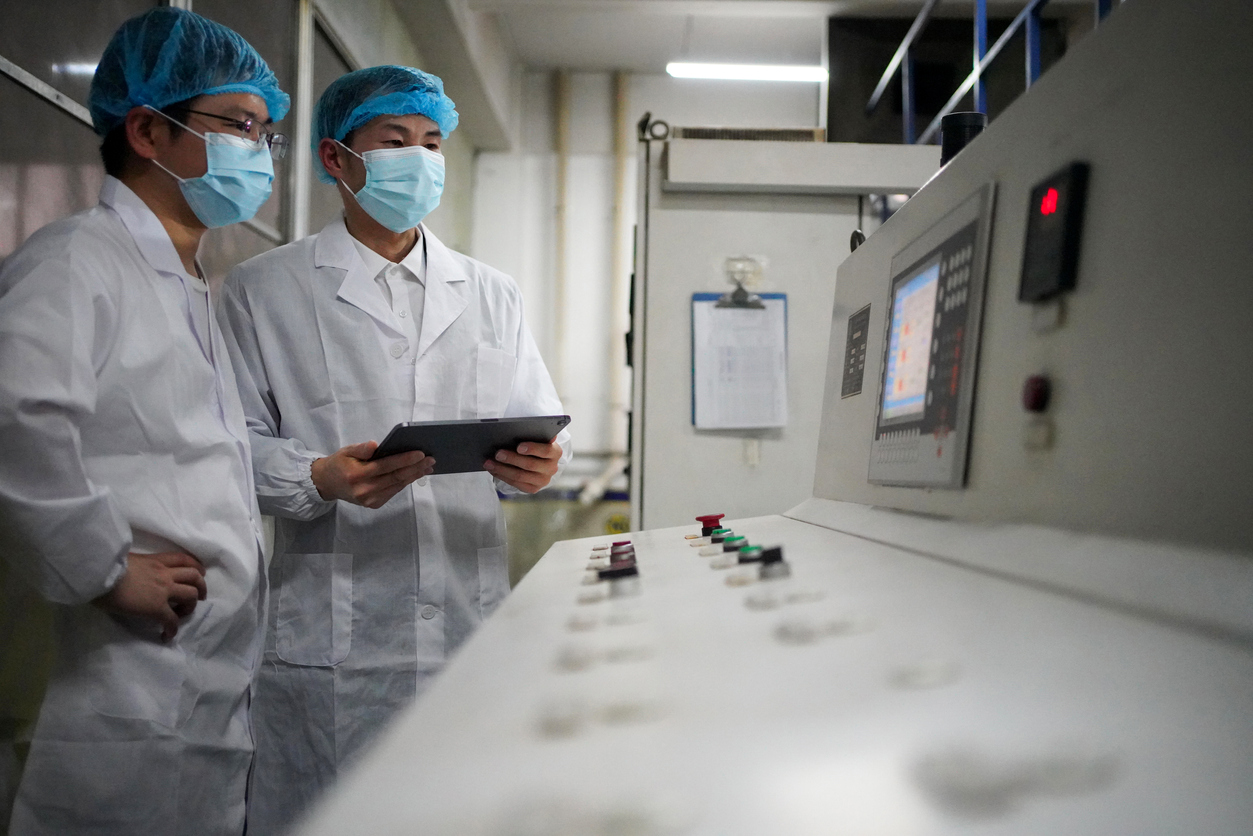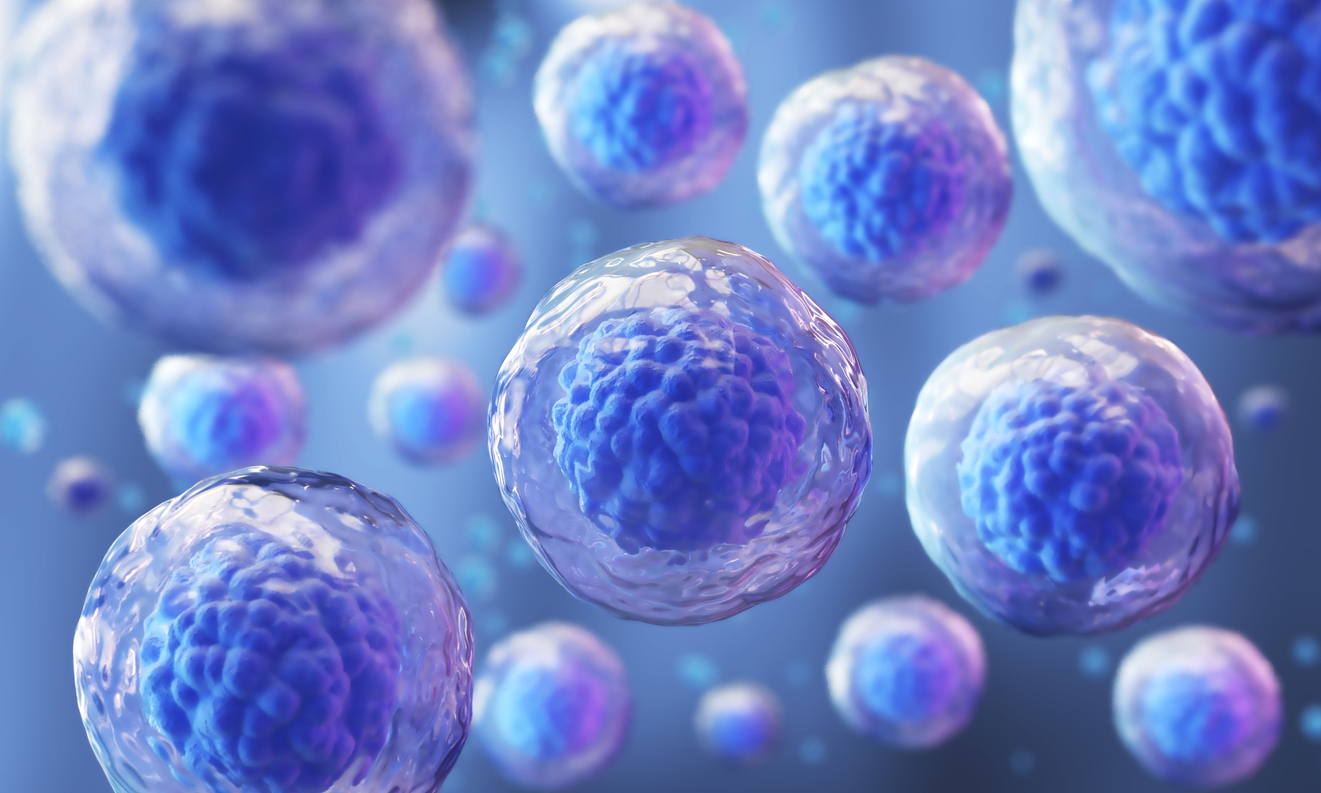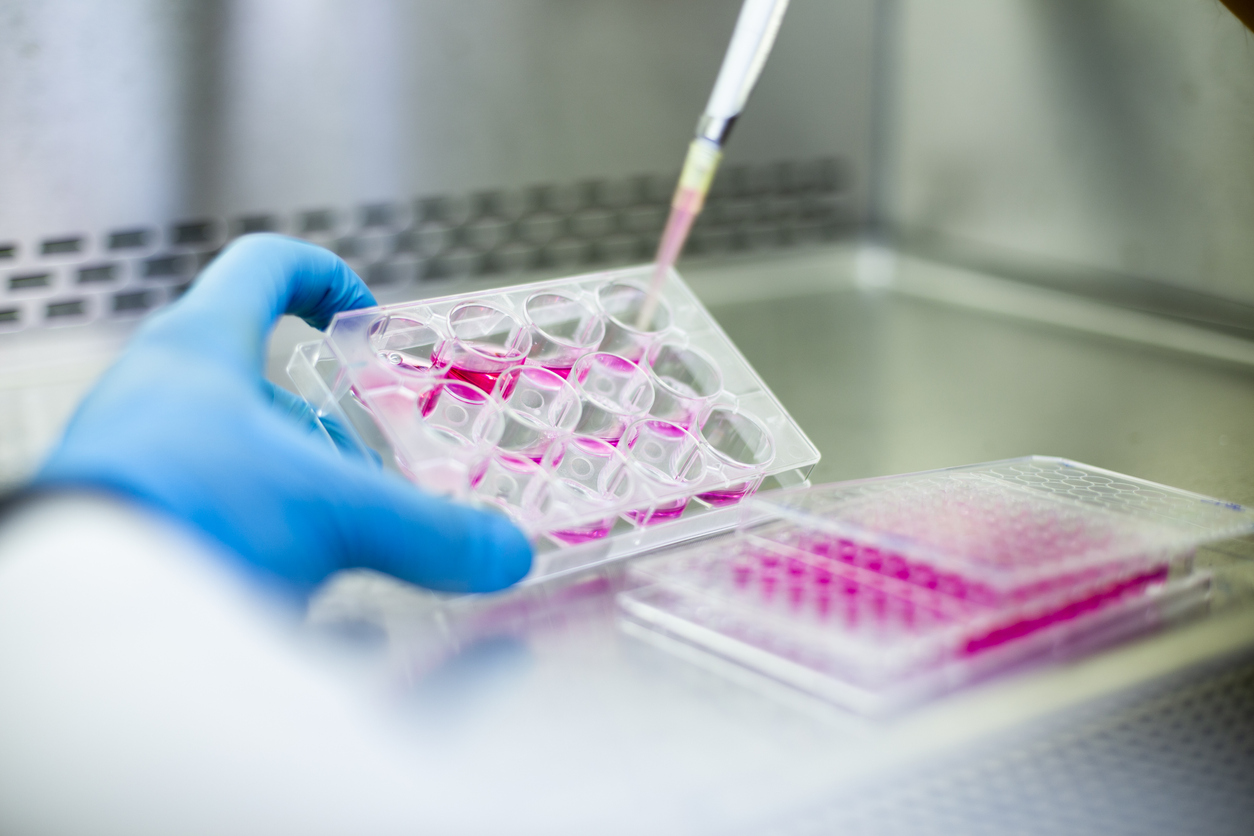Blog
Archives
Akadeum’s Brandon McNaughton to Present at Biotech Showcase 2024
Event Start Date: JAN 8, 2024 Share
Join the Akadeum team in San Francisco on January 8-10, 2024 at the annual Biotech Showcase event. Recognized globally as a premier investor conference, Biotech Showcase 2024 promises to be a unique opportunity for small and mid-sized biotech companies to demonstrate their latest innovations and engage in face-to-face conversations with investors and biopharmaceutical executives. Our very own Brandon McNaughton, CEO of Akadeum Life Sciences, will present the latest advancements in …
Akadeum at Advanced Therapies Week 2024 in Miami
Event Start Date: JAN 16, 2024 Share
We are thrilled to announce that Akadeum Life Sciences will attend Advanced Therapies Week (ATW) 2024, January 16-19, 2024. Set in the vibrant heart of Miami Beach, the event promises to gather the brightest minds and leading organizations in biomedical therapies. It’s a pivotal platform for forming partnerships, sharing insights, and exploring the newest technologies. Our team is excited to contribute to the dynamic conversations that define this event. We …
What Is a CDMO?
Updated on Sep 7, 2025 | Published on Oct 30, 2023 By Jason Ellis, PhD Share
A contract development and manufacturing organization (CDMO) is a business that provides drug development and manufacturing services to support product research, idea development, and production. New companies entering the medical or biotechnology space will face many regulatory hurdles before new products are ready for launch; and larger, more long-standing companies sometimes need additional manufacturing bandwidth. CDMOs manage multiple aspects of the product development process and guide companies through regulatory requirements …
What Is a Contract Research Organization?
Updated on Sep 5, 2025 | Published on Oct 5, 2023 By Jason Xu, PhD Share
Numerous discovery, development, and research stages exist before a new drug, pharmaceutical treatment, or medical device hits the market. Each of these stages brings unique challenges, and success depends heavily on the resources available to the sponsor of the novel treatment. Contract research organizations (CROs) provide specialized research, such as preclinical research, clinical trials, and a range of other research-based offerings, for biotechnology, pharmaceutical, and medical device companies on a …
Understanding GMP Leukopaks
Updated on Sep 7, 2025 | Published on Oct 2, 2023 By Dominique Badea, PhD Share
Leukopaks are an essential tool across medical and research applications, providing a robust source of white blood cells in a much higher concentration than whole blood samples. A leukopak is an enriched apheresis product collected via leukapheresis. During the leukapheresis process, white blood cells are collected and enriched by the simultaneous return of non-target blood cells to circulation. They contain a high concentration of peripheral blood mononuclear cells (PBMCs). As …
Understanding GMP in Biotech Companies
Updated on Aug 20, 2025 | Published on Oct 2, 2023 By Jason Ellis, PhD Share
Introduction to GMP in Biotech Biotechnology sales require adherence to rules and regulations that protect both the companies and patients involved. These practices are commonly referred to in the community as GMP or good manufacturing practices. In the United States, these regulations are enacted and enforced by the Food and Drug Administration (FDA) to ensure product quality and safety. Also referred to as cGMP or current good manufacturing practices, they …
Fragile Immune Cells Require Gentle Handling
Updated on Apr 7, 2025 | Published on Sep 15, 2023 Share
Protecting cells during cell processing is a critical aspect of protocol design and development. Cells are fragile by nature, requiring specific and gentle handling to survive and optimally perform in their downstream applications. Some cells are more delicate than others and more prone to damage or cell death when exposed to stressful conditions. The Importance of Gentle Handling Handling cells gently is crucial to maintaining cell viability, morphology, and experimental …
Dead Cell Removal
Updated on Sep 23, 2025 | Published on Aug 22, 2023 Share
What Is Dead Cell Removal? Dead cell removal involves removing dead cells and debris from a culture or cell population to enhance purity and viability. Researchers and clinicians utilize this process in various research and clinical applications, including cell culturing, sorting, manufacturing, and cellular assays like flow cytometry. How Is Dead Cell Removal Used Across Applications? Cell culture experiments involve studying cells in a natural and controlled state. Over time, …
What Is Dead Cell Contamination?
Updated on Sep 5, 2025 | Published on Aug 19, 2023 Share
Dead cells naturally contaminate cell samples or cultures throughout their lifespan; this contamination can occur at any time. While common, dead cells and debris negatively affect cell populations before and after separation, isolation, and application. Removing dead cells and debris before further processing plays a critical role in culture maintenance and adherence to good laboratory practices. Cell Culturing and Dead Cells Researchers grow cell cultures in the laboratory that can …
Join Us at the 8th CAR-TCR Summit in Boston
Event Start Date: AUG 29, 2023 Share
Join Akadeum Life Sciences in Boston at the CAR-TCR Summit from August 29 to September 1, 2023. We are excited to attend the leading CAR and T cell receptor-based cell therapy conference and look forward to connecting, collaborating, and networking with industry-leading experts. Akadeum is a Gold Sponsor at the event and will host a booth to discuss future projects, partnerships, and new products, including our Human T Cell Activation …











